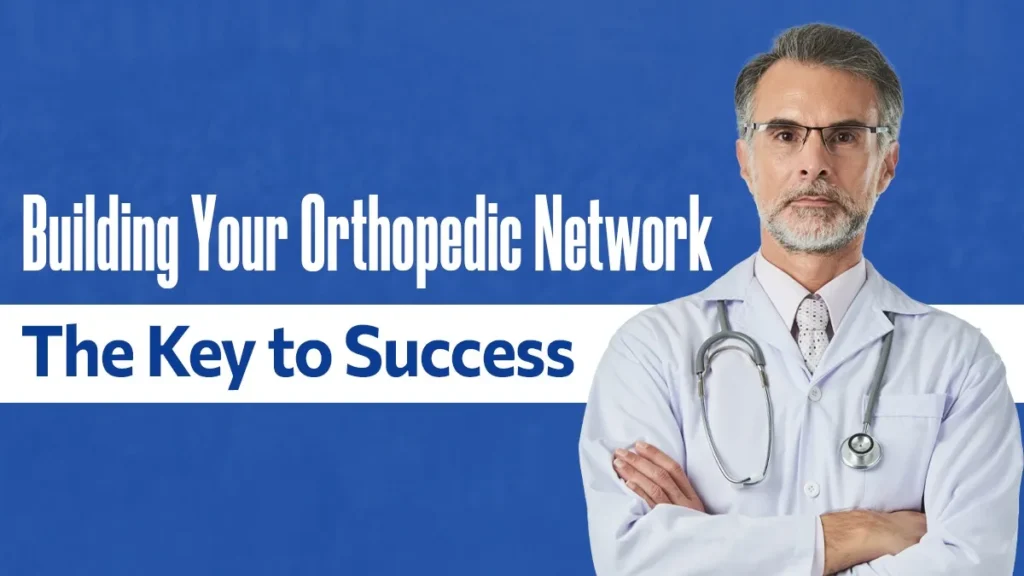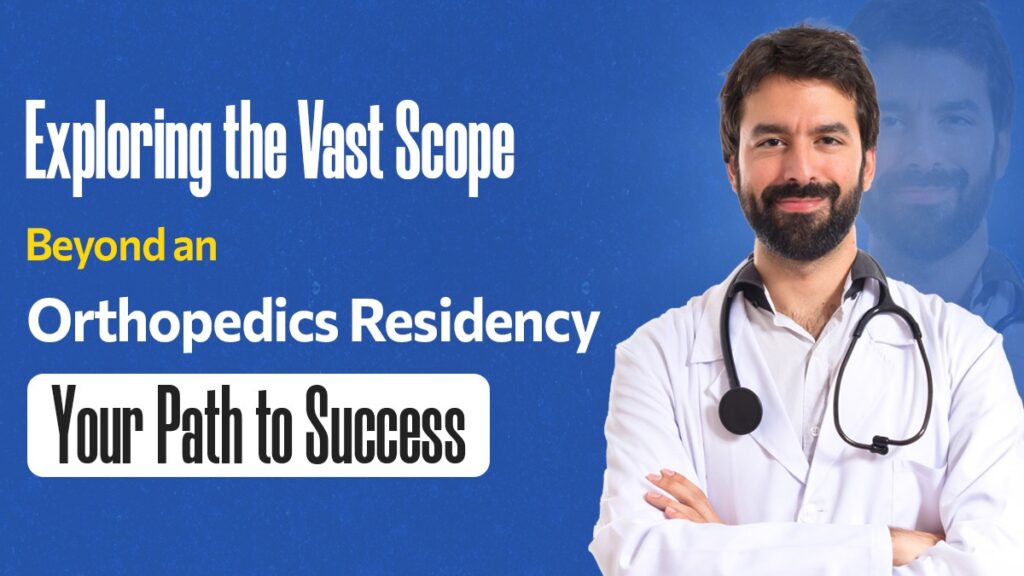Building Your Orthopedic Network: The Key to Success

Building Your Orthopedic Network: The Key to Success Embarking on a journey in orthopedics residency programs is both a challenging and rewarding experience. As an orthopedics resident, a strong professional network would boost your learning, create opportunities, and help you be ready to be the best in this competitive field of orthopedics. In this blog, […]
Orthopedic Subspecialties: Finding Your Niche

Orthopedic Subspecialties: Finding Your Niche Residents of Orthopedics typically find themselves in the difficult position of determining which orthopedic subspecialty to specialize in during their orthopedic surgery residency. As such, a specialty choice, as applicable, is a very influential determinant of what one’s future orthopedic practice will look like for an orthopedics resident. The following […]
Exploring the Vast Scope After Orthopedics Residency: Your Path to Success

Exploring the Vast Scope After Orthopedics Residency: Your Path to Success How many of you will be completing your MS Orthopedics soon or are planning a career in MS Orthopedics? The vast spectrum of orthopedics makes it possible for potential medical professionals. This all-inclusive guide will provide readers with the different options open up to […]
